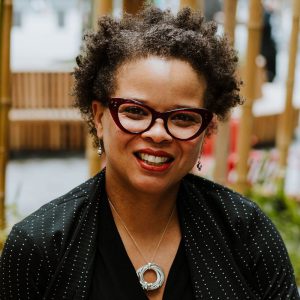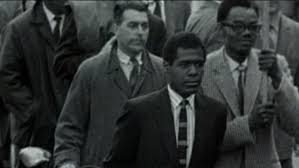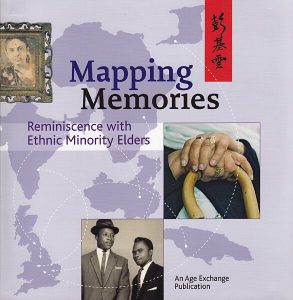Introducing a King’s College London study examining inequalities experienced by people from racial and ethnic minority groups working in health and social care during COVID-19. (570 words)

Leading the study: Stephani Hatch, Professor of Sociology and Epidemiology in the Department of Psychological Medicine, King’s College London
We have launched a study to help improve working conditions and to tackle the inequalities experienced by people from racial and ethnic minority groups working in health and social care during the COVID-19 pandemic. Based at King’s College London, we are working in partnership with NHS England Workforce Race Equality Standard, NHS Confederation and the Royal College of Nursing. The study findings will be used to develop education and training materials (e.g. Virtual Reality training) available nationally to all staff, specifically to better support and improve the workplace experiences of NHS and social care staff from Black, Asian and minority ethnic groups.
COVID-19 pandemic
The pandemic has shone a light on existing inequalities that have a great impact on Black, Asian and minority ethnic communities. These communities are approximately 14% of the population in England and Wales, yet they have had greater exposure to the virus and are more likely to have poorer outcomes, including severe health complications and death. We have also seen that higher numbers of racial and ethnic minority health and social care workers have died from COVID-19. Despite making up 21% of the NHS workforce, 63% of those who died from COVID-19 were from racial and ethnic minority groups. What is less often known and discussed is that health and social care staff from racial and ethnic minority groups experience greater levels of workplace harassment and discrimination compared to other staff and these experiences have been compounded by the pandemic. This can have long-lasting effects on their health, wellbeing, and their ability to do their job. Continue reading

 South London is still the home of one of the leading national, even international, organisations that has proven the value of oral history and reminiscence among older people of different faiths, cultures and heritages. Founded in 1983 by Pam Schweitzer MBE,
South London is still the home of one of the leading national, even international, organisations that has proven the value of oral history and reminiscence among older people of different faiths, cultures and heritages. Founded in 1983 by Pam Schweitzer MBE,  Dr Nayyara Tabassum is Evidence Officer in the
Dr Nayyara Tabassum is Evidence Officer in the